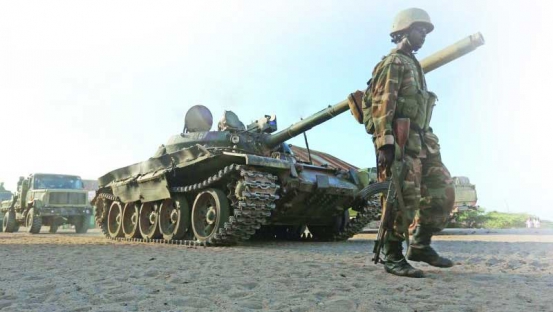
There is so much diversity in the young people who are recruited to fight for pseudo-religious terrorist groups such as Al Shabaab and Boko Haram in Nigeria, which pledge their allegiance to al-Qaida and the ISIL global terror networks respectively. Those fighters who have Western education mingle with ease with their uneducated colleagues as the rich ones seamlessly mix with those from poor family backgrounds all in a united bid to strategise and execute hellish missions within and places far-flung from their management and operational bases.
However, the common factor that draws them together to fanatically take up arms is found in the mind-bending language of anger inside their hearts and minds following years of indoctrination by the propaganda wings of these bloodthirsty outfits. The number of young Muslims falling prey to the anger-filled doctrines that these terrorist groups preach is also alarmingly on the rise. In 2016, the Public Broadcasting Service, an American public broadcaster and television programme distributor, reported that Kenya contributed the highest number of foreign fighters to the Alshabab terror organization in Somalia.